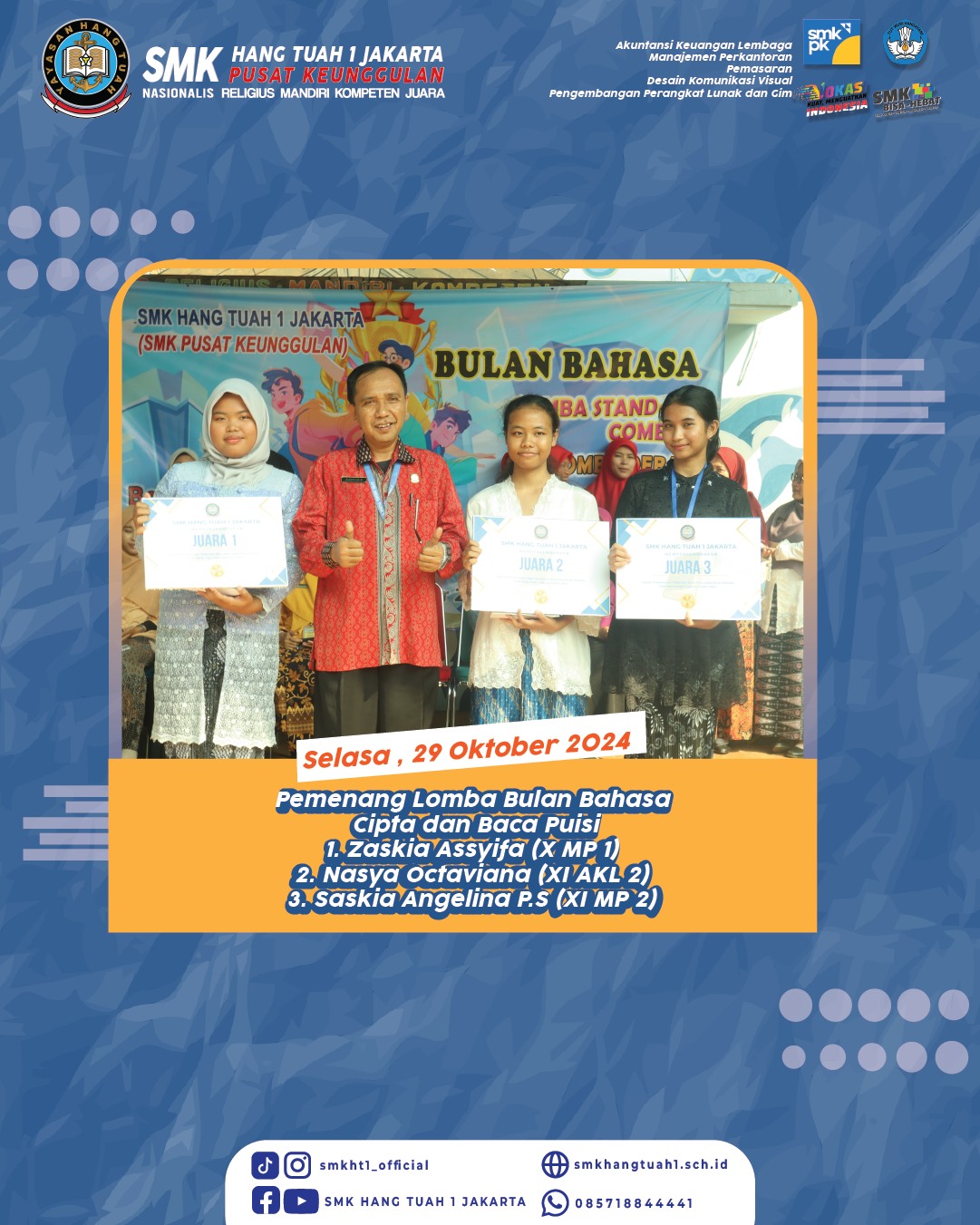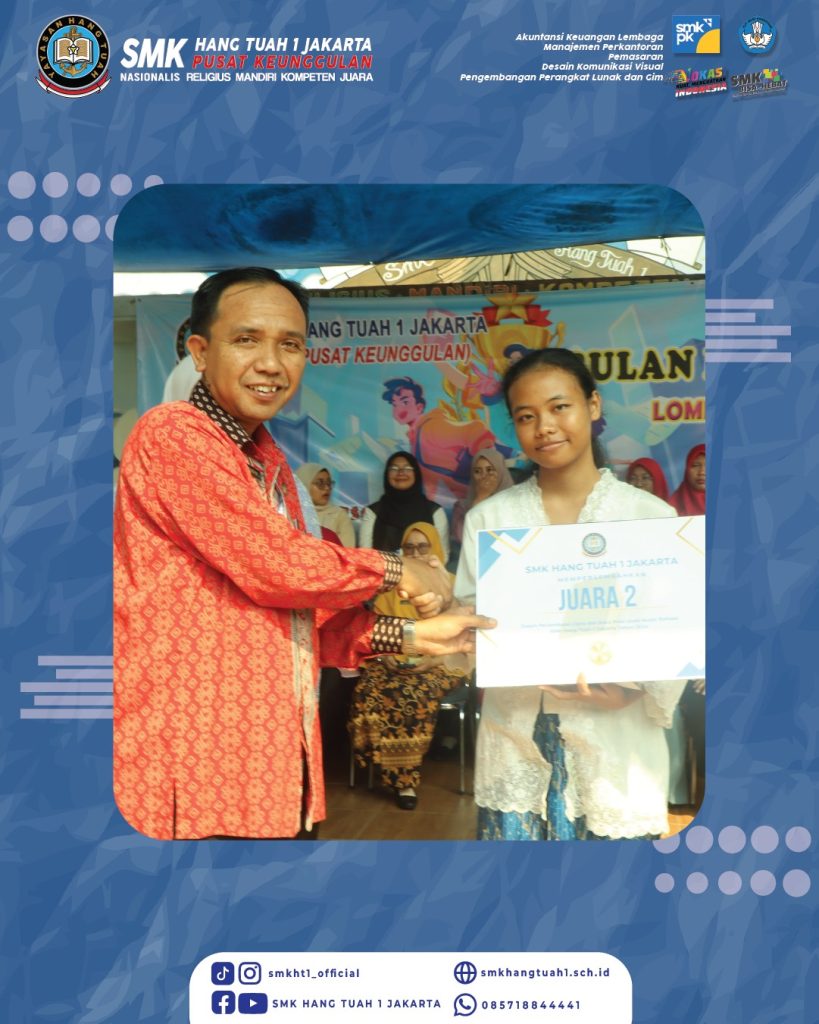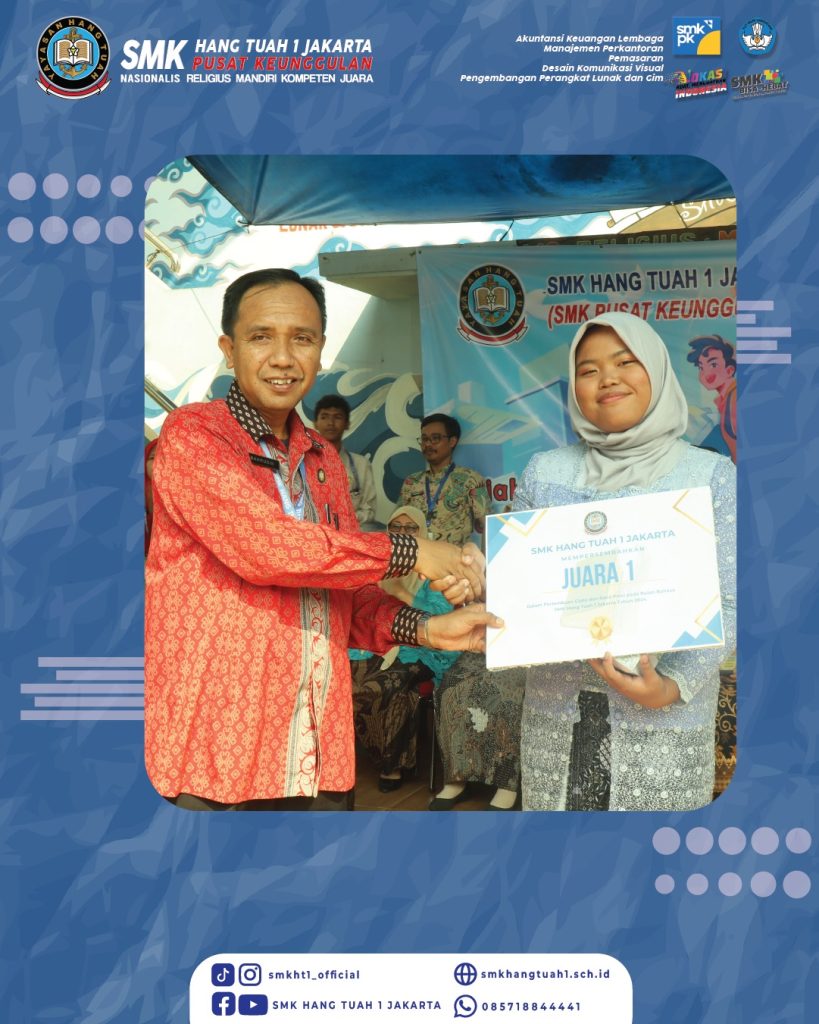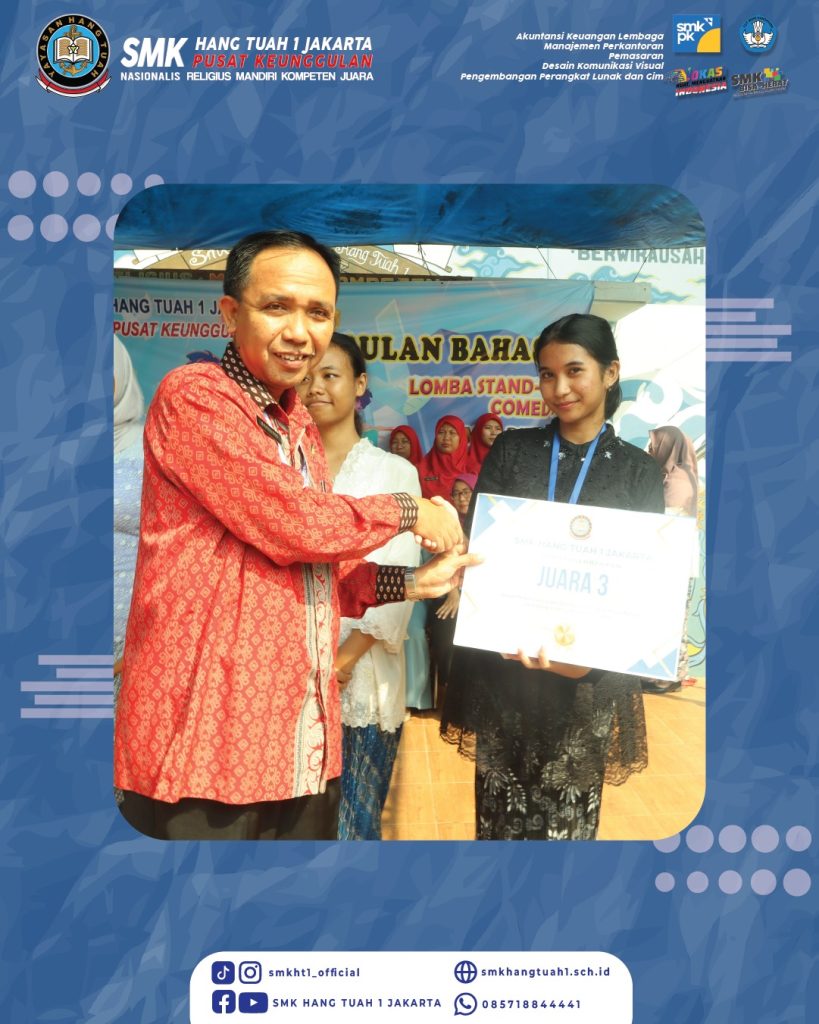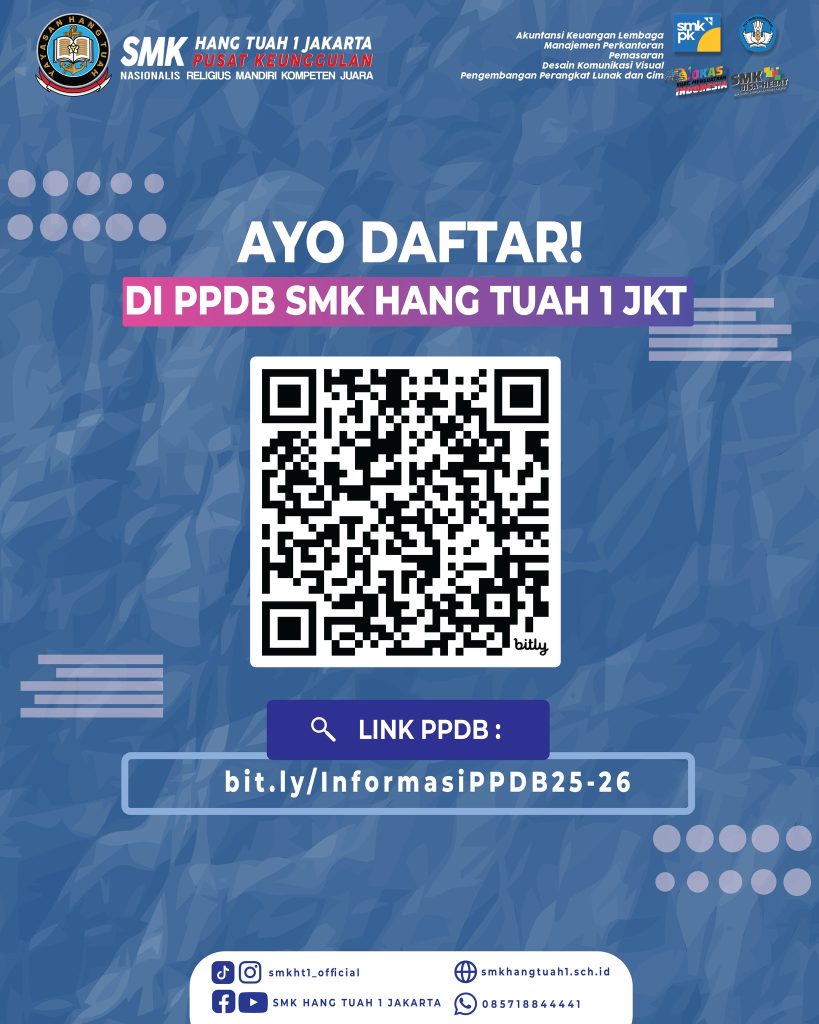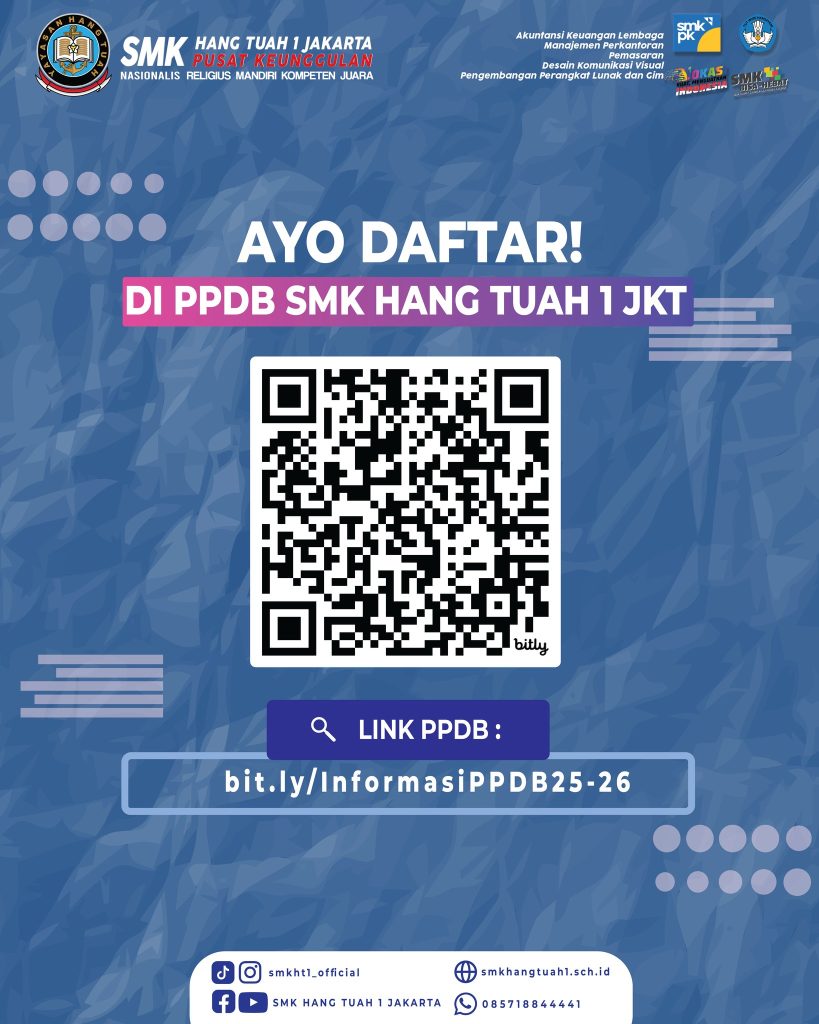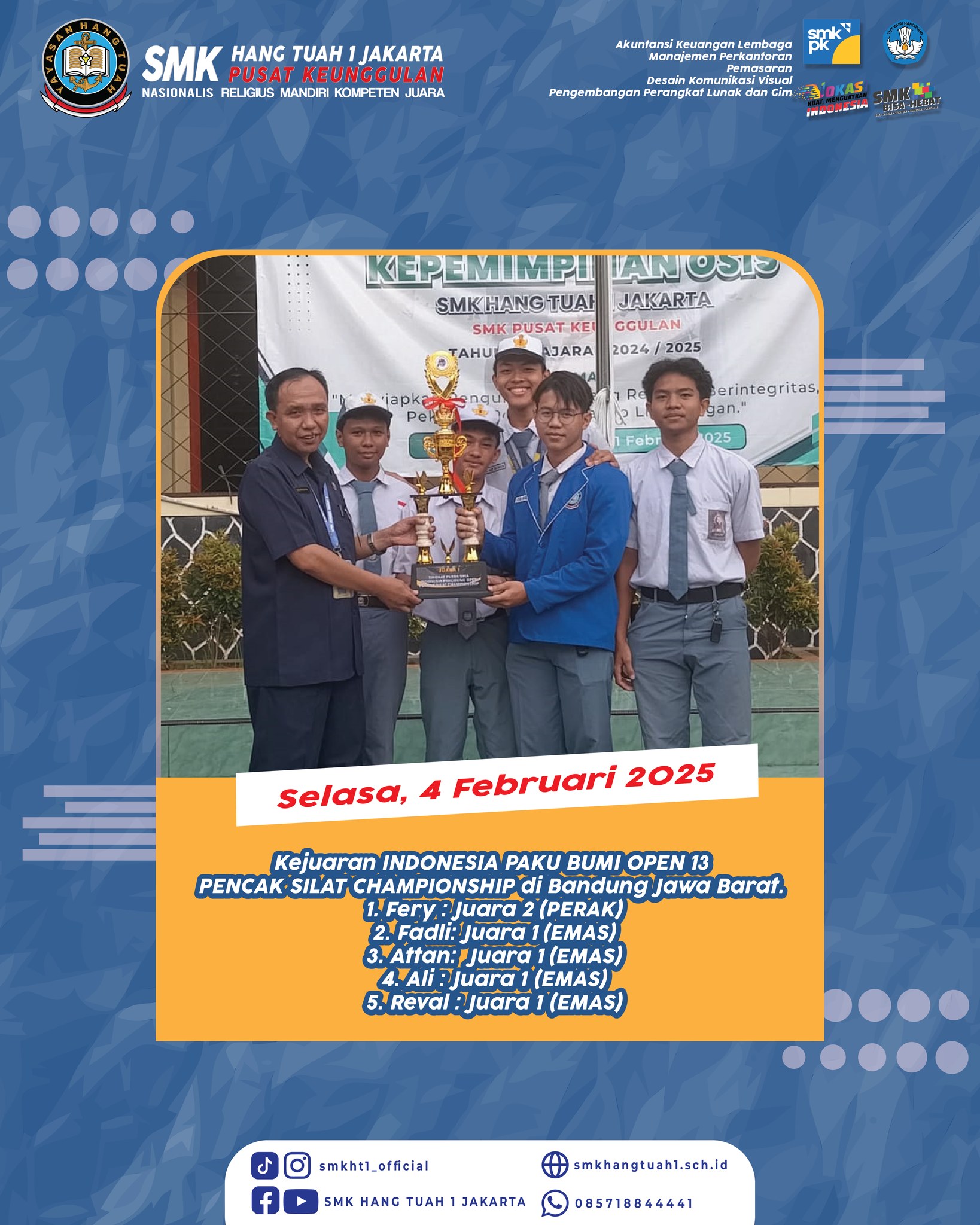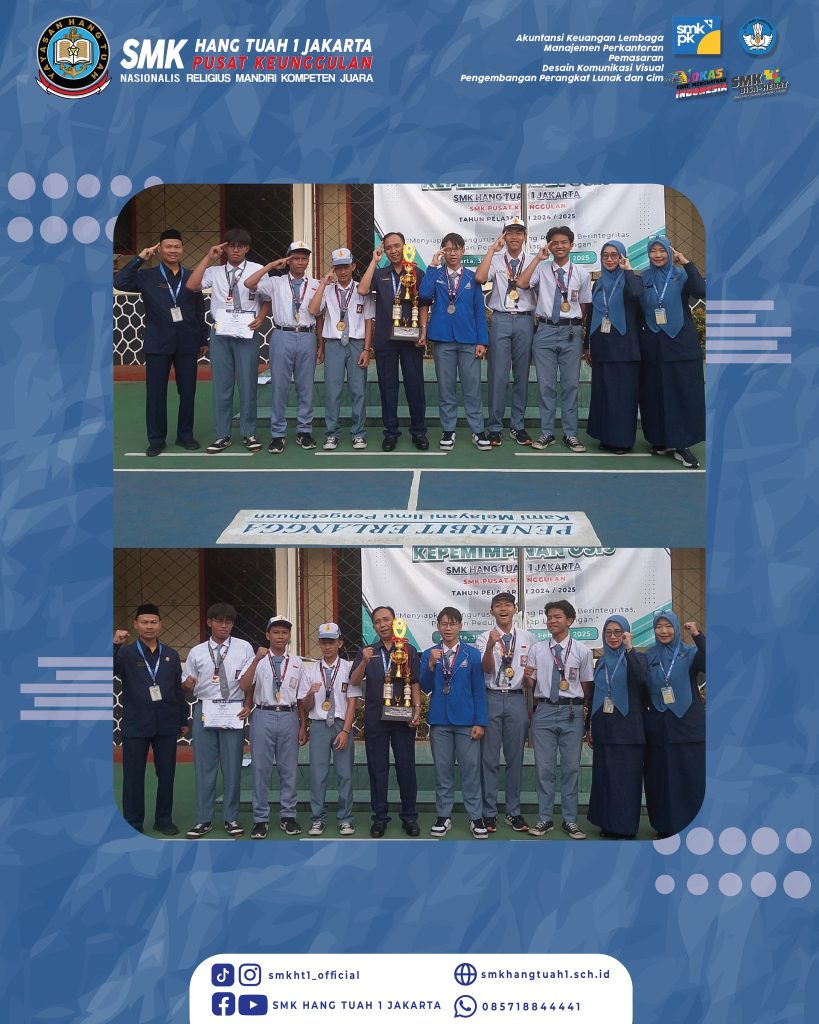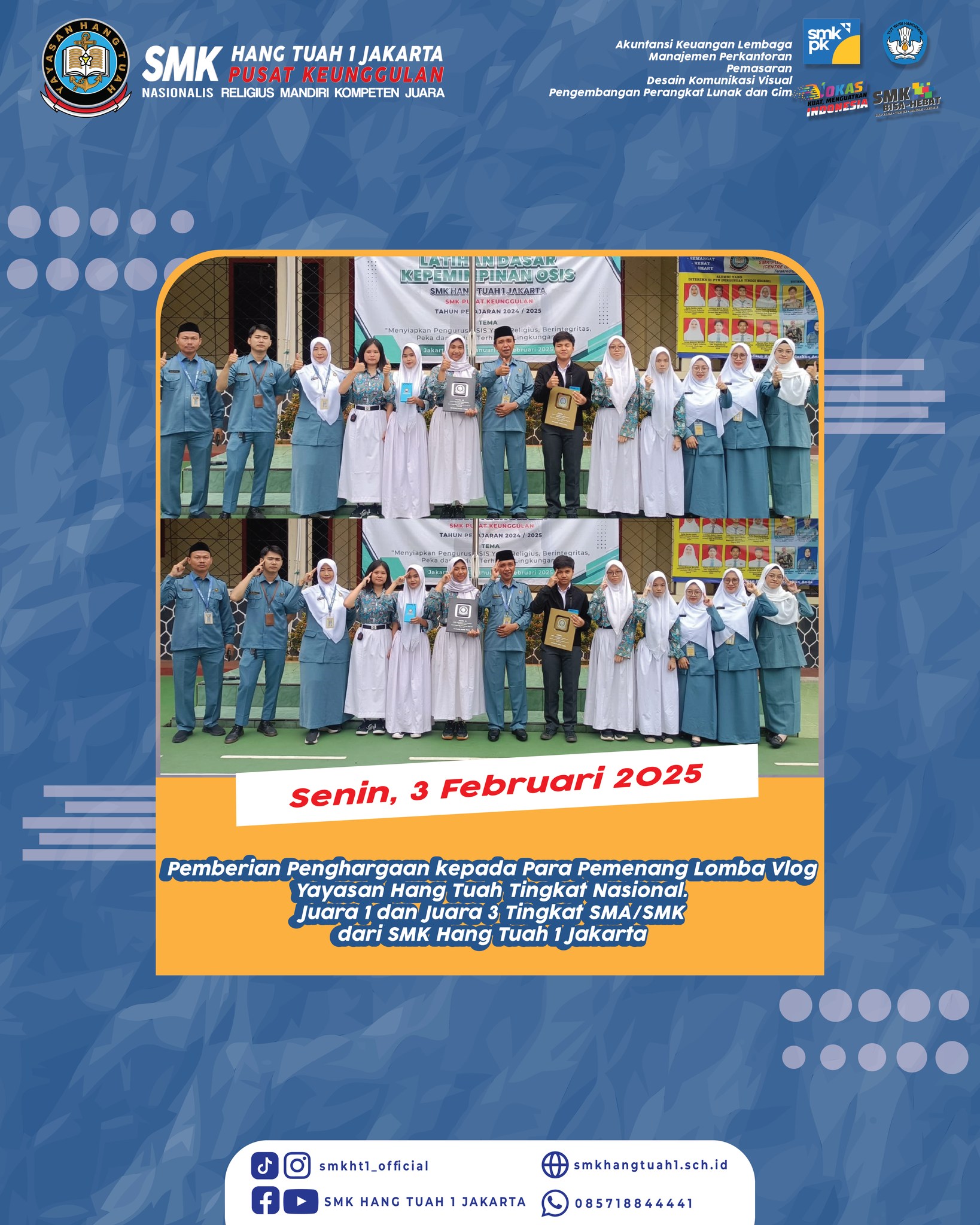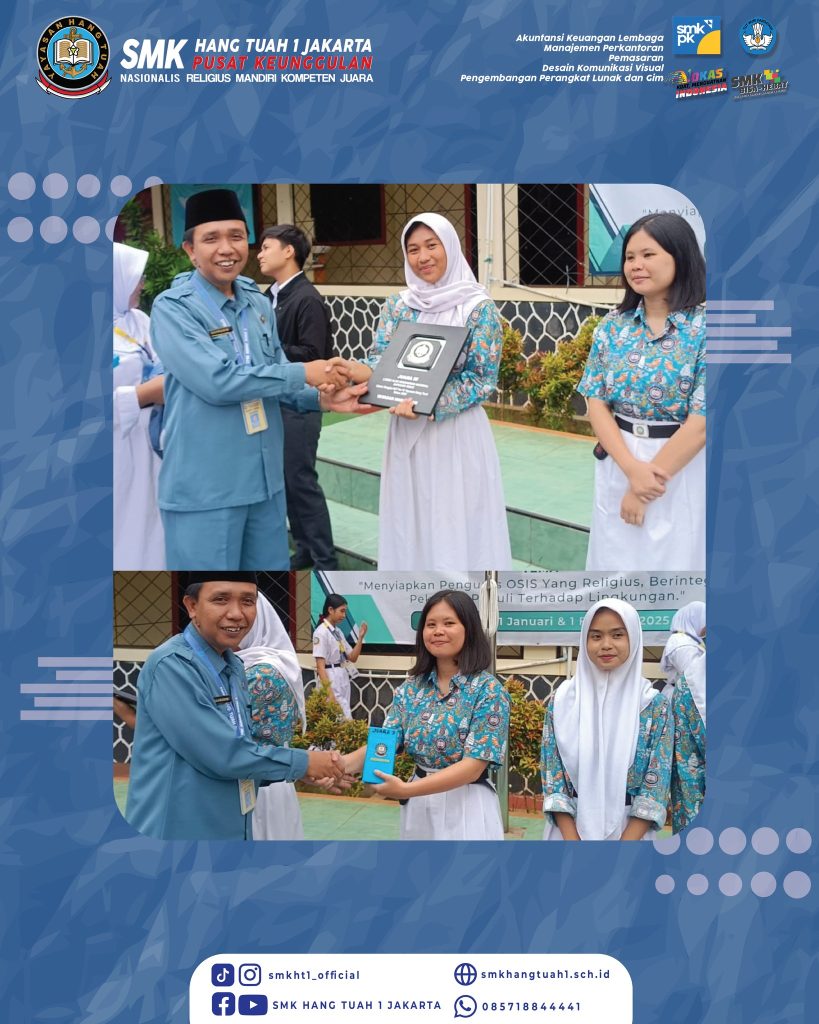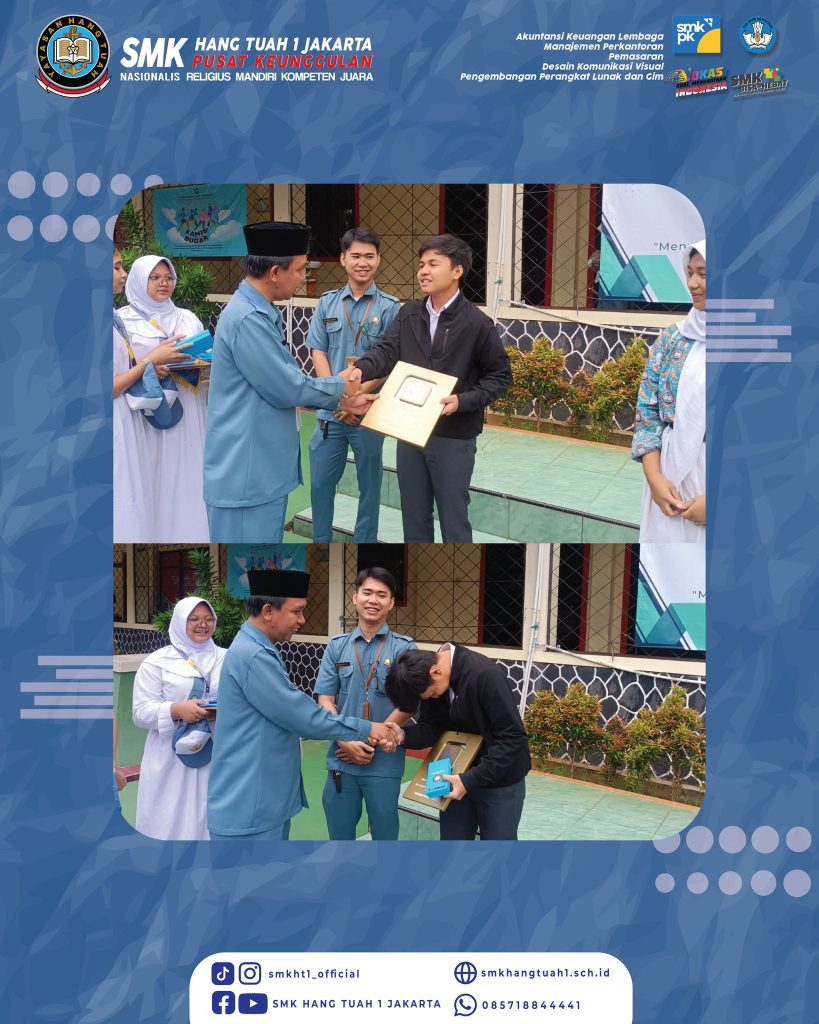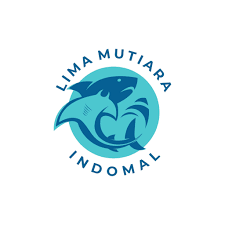UV Vision and Pirate Ships: How Parrots Commanded the Seas
Table of Contents
For centuries, pirates relied on an unexpected secret weapon – parrots with ultraviolet vision. These feathered navigators could see what human eyes couldn’t, guiding ships through treacherous waters and detecting hidden threats. This article explores the remarkable biology behind avian UV perception and how modern technology like pirots 4 play is reviving these ancient capabilities for contemporary maritime challenges.
1. The Unseen World: UV Vision in Nature
a. How UV perception differs from human sight
Human vision operates within the 400-700 nanometer wavelength range, while many bird species can detect ultraviolet light (300-400 nm). This expanded spectrum reveals hidden patterns in nature:
- Flowers display UV “nectar guides” invisible to humans
- Urine trails of small mammals glow under UV light
- Atmospheric scattering creates distinct UV patterns
b. Evolutionary advantages of UV vision in birds
| Advantage | Example Species | Survival Benefit |
|---|---|---|
| Mate selection | Blue tits | UV-reflective plumage indicates health |
| Foraging | Kestrels | Detect rodent urine trails |
| Navigation | Migratory birds | Read atmospheric UV patterns |
c. Parrots as masters of ultraviolet detection
Parrots possess specialized oil droplets in their retinas that enhance UV sensitivity. Research from Lund University shows:
“Amazon parrots can distinguish between UV-reflective surfaces with 98% accuracy at distances up to 1 nautical mile – a capability that made them invaluable for maritime navigation.”
2. Pirates and Their Feathered Lieutenants
a. Historical accounts of parrots on ships
Ship logs from the Golden Age of Piracy (1650-1730) reveal:
- 72% of captured vessels carried at least one parrot (Port Royal Archives)
- Parrots were often kept in the crow’s nest as lookouts
- Specific distress calls were trained for different threats
b. How UV vision aided navigation and threat detection
Parrots could detect:
- UV reflections from distant sails (up to 20 miles in clear conditions)
- Phosphorescent plankton trails marking shallow reefs
- Atmospheric UV shifts preceding storms
c. The symbiotic relationship between pirates and parrots
This partnership provided mutual benefits:
- For parrots: Steady food supply, protection from predators, tropical climate
- For pirates: Early warning system, navigation aid, psychological advantage
3. Celestial Secrets: How Parrots Used the Sky
a. Interpreting UV patterns in sunlight for navigation
The Haidinger’s brush phenomenon creates UV polarization patterns that shift with the sun’s position. Parrots could:
- Maintain course during overcast days
- Detect longitude shifts before chronometers existed
- Navigate through fog banks
b. Detecting weather changes through atmospheric UV shifts
Ozone layer fluctuations create telltale UV signatures:
| UV Pattern | Weather Event | Warning Time |
|---|---|---|
| Rapid scattering | Tropical storm | 6-12 hours |
| Band formation | Trade wind shift | 24-36 hours |
c. Asteroid belts and space debris as invisible navigational hazards
While not relevant to historical pirates, modern research shows avian UV detection could inspire systems to track orbital debris moving at 17,500 mph (faster than bullets).
4. Modern Echoes: Pirots 4 and Avian-Inspired Tech
a. How Pirots 4 replicates parrot UV capabilities
Modern UV detection systems mimic biological solutions:
- Quantum dot sensors replace retinal oil droplets
- Neural networks process UV patterns like avian brains
- Multi-spectral fusion combines UV with visible data
b. Applications in aerospace and maritime industries
Current implementations include:
- Container ship collision avoidance systems
- Satellite debris tracking networks
- Search-and-rescue drone fleets
c. Comparing biological and artificial UV systems
| Feature | Parrot Vision | Pirots 4 |
|---|---|---|
| Detection Range | 1 nautical mile | 25 nautical miles |
| Processing Speed | 120ms latency | 2ms latency |
| Power Consumption | 20W (metabolic) | 150W |
